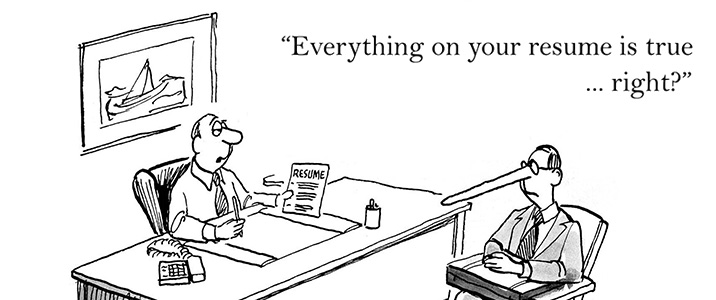
We’ve all been there before: you are charged with the responsibility of finding the next great employee. You are given a list of knowledge items, skills, and abilities this individual must possess. You must determine whether each candidate has those skills. Generally, these abilities are part of a list of business hard skills the hiring manager requires for the position in question. How do you make the right determination? Let’s explore how you can determine whether a candidate possesses the hard skills necessary for employment success.
Investopedia defines hard skills as “Specific, teachable abilities that can be defined and measured … Examples of hard skills include job skills like typing, writing, math, reading and the ability to use software programs.”
In contrast, soft skills are less tangible and harder to quantify. They include listening, collaborating, working as a team, and other personality-driven capabilities. According to AboutCareers, “Examples of hard skills include computer programming, web design, typing, nursing, electrical, accounting, finance, writing, mathematics, legal and other quantifiable skills that are included in the requirements for a job.”
Hard skills are commonly considered to be a candidate’s “experience” and are the points looked for on a resume and in an interview. However, equating hard skills with experience poses two problems.
The first problem is that candidates often embellish their resumes to include as many hard skills for workplace success as possible. For example, “I have used spreadsheets before” becomes “I can create spreadsheets and use formulas.”
Embellishment leads to the second problem. As the person making the initial assessment of a candidate, you must ensure the candidate possesses the requisite skills. Unfortunately, the person making the screening assessment may not possess that skill. If you don’t know how to create a spreadsheet with formulas, how can you determine if the candidate really knows what he or she is doing? Guessing is probably not your best option for determining whether someone has these requisite business hard skills.
Udemy, a Massive Open Online Course (MOOC) company, explains that “Essentially, any skills that can be measured, such as on a test, are considered hard.” Because the importance of hard skills in the workplace is so critical to business success, and because these skills are measurable, why not use a test? Specifically, why not use an assessment of the candidate’s ability? One such company that offers these types of assessments is eSkill.
According to eSkill’s website, “Pre-employment testing research shows you can save significant time and resources when you use an employment testing service. eSkill’s pre-employment assessments help save your staff valuable time—and, as you well know, their time is money.”
Providing an online assessment to assess a candidate’s skill levels for specific position-related abilities makes better use of recruitment time and produces validated results by allowing you to see beyond the embellished resume. Ultimately, online assessments get to the heart of the candidate’s abilities. This type of screening saves significant dollars over traditional methods of screening candidates.
How would you test something that is not a standard skill? eSkill allows you to customize the assessment to test a specific skill. According to one user, “Clients can author their own questions from scratch, or convert paper versions of skills into an online eSkill assessment. In addition, they can edit existing questions to adapt them to their specific testing needs.”
Assessments are not just a prescreening tool. They also allow you to accomplish a variety of other tasks, such as:
The versatility of assessments produces a wealth of uses.
When you are looking at candidates, you want to evaluate both specific business hard skills and soft skills such as leadership, communication, customer-centered people skills, and presentation abilities. eSkill’s assessment tools incorporate both of these features, which are also adaptable to the company’s needs.
If you are struggling to select the best candidates or you are losing people soon after hiring because of a lack of skills you thought they possessed, you should consider an assessment process. Skill assessments are convenient, effective, and validated. Take a look and see if they fit your needs!
3 Comments
The market for qualified people is small. People send resumes adapted to different job listings, even if they lack the skills for them. We used skills assessments and we uncovered liars, but we also found great talent. These tests helped us speed up the recruiting process.
The workforce is online, the recruiting is online. Skills testing is the right tool to find the great people among the mass of applicants and hire them faster.
Candidates who have to pass skill tests as part of a recruitment process have the privilege of getting an accurate evaluation of their knowledge and a fair chance of finding a great job. I believe such tools are a step toward stopping any kind of discrimination.